

William Stopford
Denza Z9 GT: BYD’s Porsche Taycan rival gets even more powerful
5 Hours Ago
Two electric car owners in Victoria will argue the state's electric car tax is unconstitutional in Australia's High Court.

Contributor
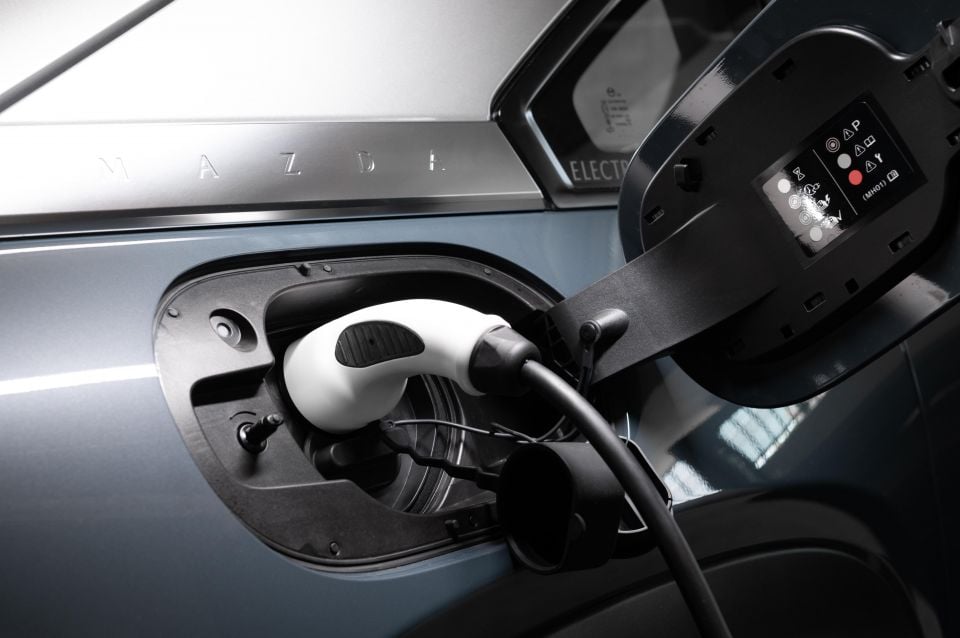

Contributor
Australia’s first per-kilometre tax on electric and plug-in hybrid cars is facing a challenge in the High Court.
Electric car owners Kathleen Davies and Chris Vanderstock say the Victorian Government lacks the constitutional power to tax the burgeoning technology.
Instead, the pair will argue the exclusive power to tax the use of electric vehicles rests with the Commonwealth.
Although it’s the constitutional challenge that could see their case heard in the High Court, the plaintiffs are arguing the tax punishes people for trying to limit their carbon footprint.

Equity Generation, a law firm with a history of prosecuting environmental cases, is representing Ms Davies and Mr Vanderstock.
Owners of pure-electric vehicles in Victoria will pay 2.5 cents per kilometre they drive thanks to the new tax.
Owners of plug-in hybrid electric vehicles (PHEVs) will pay 2.0 cents per kilometre.
At first, an electric vehicle owner who travels 15,000km per year will be charged $375 on top of their annual registration fee, while plug-in hybrid owners will pay an extra $300 per year.
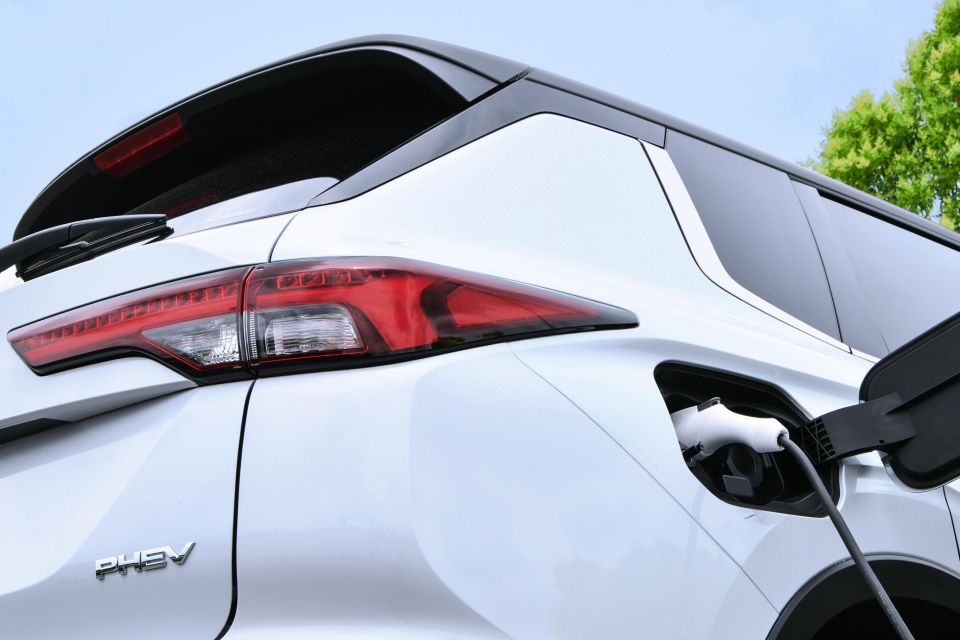
Owners of EVs and PHEVs will be instructed to provide an ‘initial declaration’ with evidence of their odometer reading, such as a photograph.
Subsequent declarations will require owners to provide their odometer reading or, according to the bill, “a statement of the total distance travelled by the ZLEV since the previous declaration”.
The bill also specifies that for subsequent declarations you can provide evidence of “the distance, if any, travelled by the ZLEV since the previous declaration that was not on specified roads (and therefore not subject to the ZLEV charge)”.
The definition of a ‘specified road’ does, however, specifically include highways outside of Victoria.
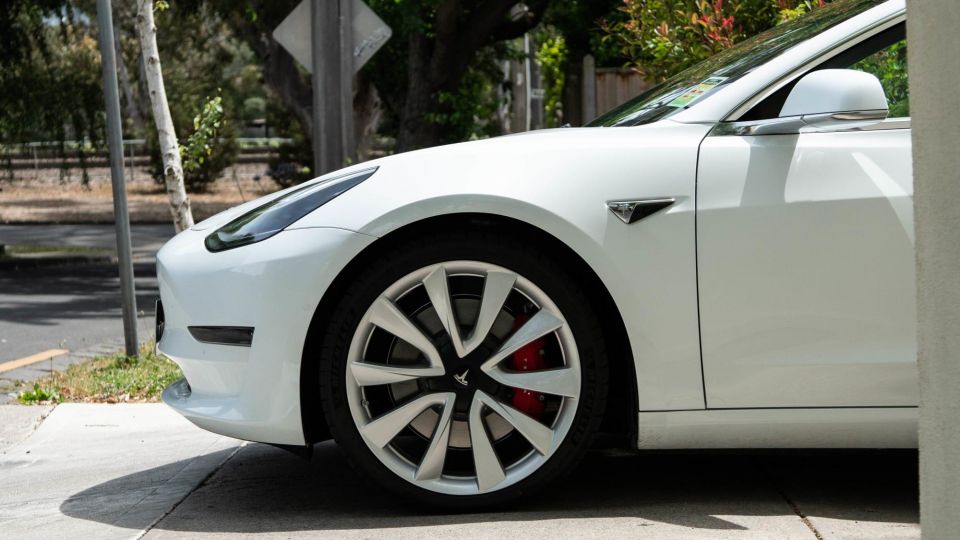
The bill also specifies that, should there be insufficient or misleading information provided or no declaration, the Government can determine the charge “on the basis of any information available or by way of estimate”.
The Government can also provide written notice that a ZLEV must be presented for inspection to determine its odometer reading.
Lobby group for the car brands, the Federal Chamber of Automotive Industries (FCAI), has previously spoken out on what it sees as a need for tax reform, but has criticised the ZLEV-specific road-user charge.
“Road user charging decisions should not be based around specific technologies and particularly those that are in their relative infancy in the Australian market,” said FCAI chief Tony Weber.
“An efficient road user charging scheme can address all vehicle users regardless of the type of vehicle they drive, how often it is driven and the purpose of the travel.”
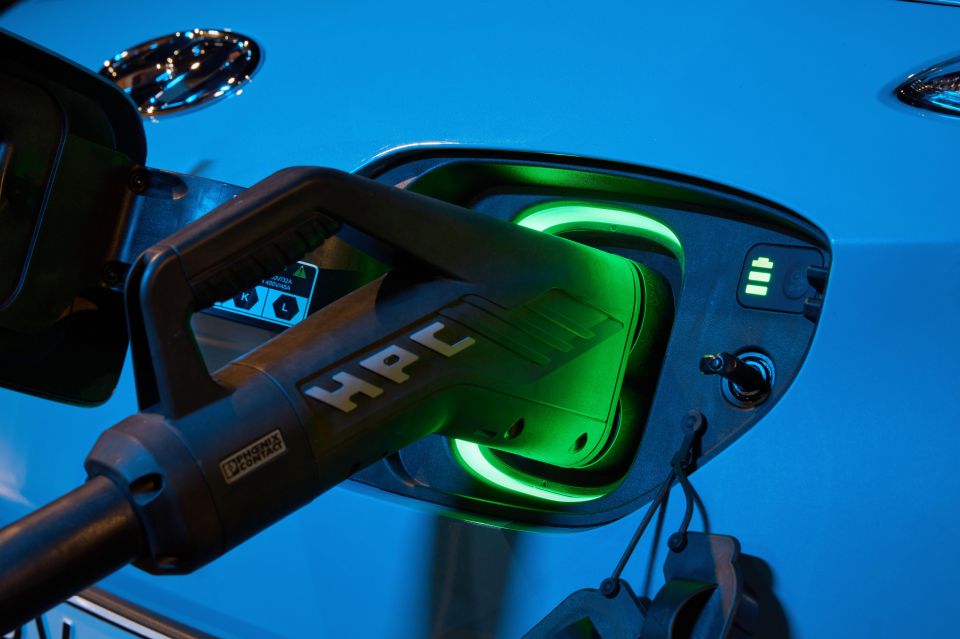
Chairman of the Electric Vehicle Council of Australia, Behyad Jafari, was even more critical of the tax, calling it a “shameful abdication of Victoria’s intention to reduce emissions”.
Automakers have also pilloried the move.
“It simply doesn’t make sense when on the one hand we’re talking about the imperative of addressing the issues of global warming, but before the products even hit the market and before they even have a chance of getting a foothold, very parochial state treasurers are deciding that we should tax them,” said Volkswagen Australia managing director Michael Bartsch.
MORE: Victoria commits to electric car subsidies, 2030 sales target
Scott Collie is an automotive journalist based in Melbourne, Australia. Scott studied journalism at RMIT University and, after a lifelong obsession with everything automotive, started covering the car industry shortly afterwards. He has a passion for travel, and is an avid Melbourne Demons supporter.


William Stopford
5 Hours Ago


William Stopford
7 Hours Ago


Damion Smy
9 Hours Ago


Damion Smy
10 Hours Ago
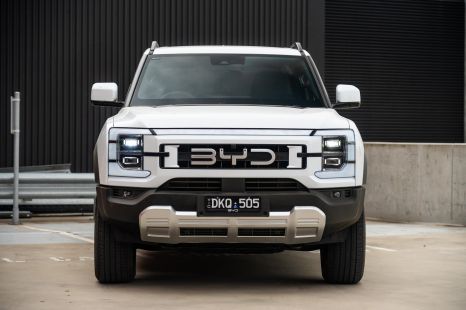

Max Davies
11 Hours Ago


Damion Smy
12 Hours Ago
Add CarExpert as a Preferred Source on Google so your search results prioritise writing by actual experts, not AI.